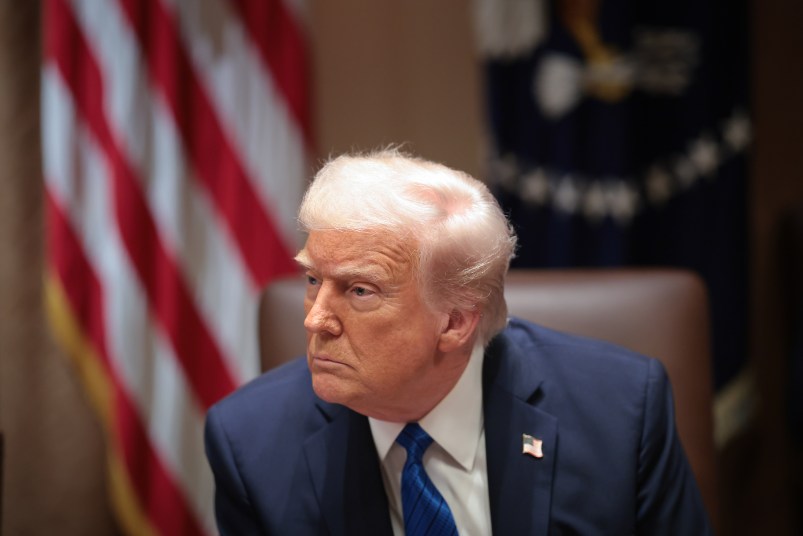Key takeaways:
- The Justice Department has requested emergency intervention from the Supreme Court after a federal appeals court in Washington blocked the deportation of individuals suspected to be members of the Tren de Aragua gang to El Salvador, challenging the Trump administration’s use of the wartime Alien Enemies Act.
- U.S. District Judge James Boasberg is considering whether the Trump administration violated his order blocking the deportations, highlighting tensions between the executive branch and the judiciary over immigration policies and wartime authority.
- The federal appeals court’s split decision to uphold the restraining order against deportations, with Judges Henderson and Millett in the majority and Judge Walker dissenting, underscores differing judicial views on national security and immigration enforcement, raising important questions about the separation of powers.
The Justice Department has sought emergency intervention from the Supreme Court following a decision by a federal appeals court in Washington, which refused to allow the resumption of deportations of individuals suspected to be members of the Tren de Aragua gang to El Salvador. This request comes after the Trump administration’s efforts to deport alleged Venezuelan gang members under the wartime Alien Enemies Act were blocked by lower court orders. The administration is now asking the Supreme Court to lift these orders.
At the trial court level, U.S. District Judge James Boasberg is currently deliberating on whether the Trump administration violated his order that blocked the deportations and if it should be held in contempt of court. This legal battle highlights the ongoing tension between the executive branch and the judiciary over the administration’s immigration policies and the use of wartime authority to conduct deportations.
The federal appeals court’s decision to uphold a restraining order against the deportations has further complicated the situation. The court’s ruling was a split decision, with a 2-1 vote. Judges Karen Henderson, appointed by Reagan, and Patricia Millett, appointed by Obama, formed the majority, while Judge Justin Walker, a Trump appointee, dissented. This division underscores the differing judicial perspectives on the administration’s approach to national security and immigration enforcement.
Acting Solicitor General Sarah Harris emphasized the broader implications of the case, stating that it raises fundamental questions about the separation of powers in conducting national security operations. The case is being closely watched as it may set significant precedents regarding the balance of power between the President and the judiciary in matters of national security and immigration.



Be First to Comment